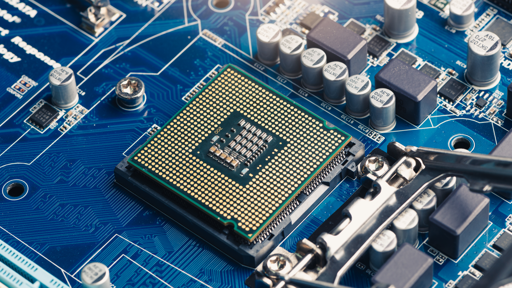“The new device is built from arrays of resistive random-access memory (RRAM) cells… The team was able to combine the speed of analog computation with the accuracy normally associated with digital processing. Crucially, the chip was manufactured using a commercial production process, meaning it could potentially be mass-produced.”
Article is based on this paper: https://www.nature.com/articles/s41928-025-01477-0



Edit: I removed a chatgtp generated summary because I thought it could have been useful.
Anyway just have a good day.
This comment violates rule 8 of the community. Please get your AI generated garbage out of here.
In that case I’m editing it. I’m sorry for my mistake, I thought it would be useful to a point. That’s why I said it was AI.
I appreciate that you wanted to help people even if it didn’t land how you intended. :)
No one is reading that.
That’s fine. Just have a good day :)
It was a decent summary, I was replying when you pulled it. Analog has its strengths (the first computers were analog, but electronics was much cruder 70 years ago) and it is def. a better fit for neural nets. Bound to happen.
The article is like 5 paragraphs, not even a single sheet of paper if printed (with the unneeded images and ads excluded of course). Why does it need a summary‽
The summary was for the paper the article was based on. And it was also put it in an easier to understand language.
That’s potentially useful then at least!
The big challenge with AI generated summaries is that LLMs are so prone to innaccuracy that a summary that’s never checked for accuracy by a human who has read the source material that’s being summarized, it just exists in a weird limbo state of maybe-false maybe-perfectly-fine and the onus is still on the reader to read the source material to make their own decision just as it is without posting an AI summary
LLMs are brilliant first draft machines. Unless there’s a major breakthrough that improves accuracy they will need to stay that way
Nice thorough commentary. The LiveScience article did a better job of describing it for people with no background in this stuff.
The original computers were analog. They were fast, but electronics was -so crude- at the time, it had to evolve a lot … and has in the last half-century.